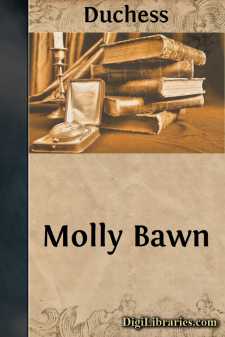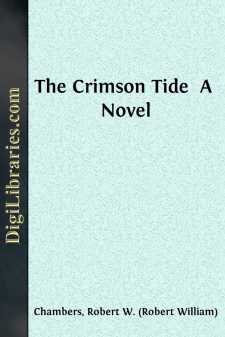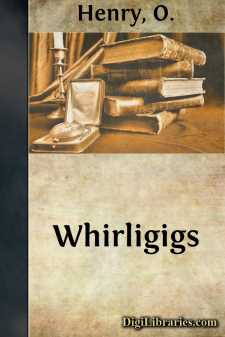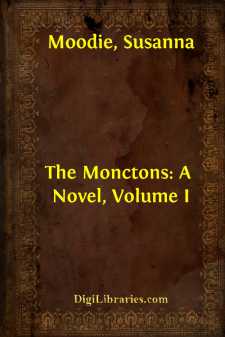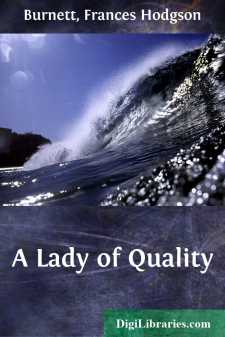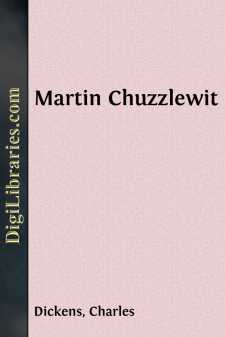Fiction
- Action & Adventure 183
- Alternative History 1
- Biographical 15
- Christian 59
- Classics 6965
- Coming of Age 5
- Contemporary Women 3
- Erotica 8
- Espionage/Intrigue 12
- Fairy Tales, Folklore & Mythology 236
- Family Life 169
- Fantasy 117
- Gay 1
- General
- Ghost 32
- Historical 809
- Horror 43
- Humorous 161
- Jewish 25
- Legal 4
- Medical 22
- Mystery & Detective 315
- Occult 1
- Political 49
- Psychological 41
- Religious 64
- Romance 160
- Sagas 11
- Science Fiction 730
- Sea Stories 113
- Short Stories (single author) 538
- Sports 10
- Suspense 2
- Technological 8
- Thrillers 3
- Urban Life 31
- Visionary & Metaphysical 1
- War & Military 173
- Westerns 199
General Books
Sort by:
CHAPTER I. A quartette party—three violins and a 'cello—sat in summer evening weather in a garden. This garden was full of bloom and odor, and was shut in by high walls of ripe old brick. Here and there were large-sized plaster casts—Venus, Minerva, Mercury, a goat-hoofed Pan with his pipes, a Silence with a finger at her lips. They were all sylvan green and crumbled with exposure to the...
more...
by:
Duchess
CHAPTER I. "On hospitable thoughts intent." "Positively he is coming!" says Mr. Massereene, with an air of the most profound astonishment. "Who?" asks Molly, curiously, pausing with her toast in mid-air (they are at breakfast), and with her lovely eyes twice their usual goodly size. Her lips, too, are apart; but whether in anticipation of the news or of the toast, it would be...
more...
FOREWORD An American ambulance going south stopped on the snowy road; the driver, an American named Estridge, got out; his companion, a young woman in furs, remained in her seat. Estridge, with the din of the barrage in his ears, went forward to show his papers to the soldiers who had stopped him on the snowy forest road. His papers identified him and the young woman; and further they revealed the fact...
more...
by:
O. Henry
VII SOCIOLOGY IN SERGE AND STRAW The season of irresponsibility is at hand. Come, let us twine round our brows wreaths of poison ivy (that is for idiocy), and wander hand in hand with sociology in the summer fields. Likely as not the world is flat. The wise men have tried to prove that it is round, with indifferent success. They pointed out to us a ship going to sea, and bade us observe that, at length,...
more...
by:
Susanna Moodie
CHAPTER I. MY GRANDFATHER AND HIS SONS. There was a time—a good old time—when men of rank and fortune were not ashamed of their poor relations; affording the protection of their name and influence to the lower shoots of the great family tree, which, springing from the same root, expected to derive support and nourishment from the main stem. That time is well-nigh gone for ever. Kindred love and...
more...
CHAPTER I—The twenty-fourth day of November 1690 On a wintry morning at the close of 1690, the sun shining faint and red through a light fog, there was a great noise of baying dogs, loud voices, and trampling of horses in the courtyard at Wildairs Hall; Sir Jeoffry being about to go forth a-hunting, and being a man with a choleric temper and big, loud voice, and given to oaths and noise even when in...
more...
CHAPTER I This is the story of how a middle-aged spinster lost her mind, deserted her domestic gods in the city, took a furnished house for the summer out of town, and found herself involved in one of those mysterious crimes that keep our newspapers and detective agencies happy and prosperous. For twenty years I had been perfectly comfortable; for twenty years I had had the window-boxes filled in the...
more...
In the year eighteen hundred and twenty, and for many years before and after, Abel Reddy farmed his own land at Perry Hall End, on the western boundaries of Castle Barfield. He lived at Perry Hall, a ripe-coloured old tenement of Elizabethan design, which crowned a gentle eminence and looked out picturesquely on all sides from amongst its neighbouring trees. It had a sturdier aspect in its age than it...
more...
by:
Charles Dickens
CHAPTER ONE INTRODUCTORY, CONCERNING THE PEDIGREE OF THE CHUZZLEWIT FAMILY As no lady or gentleman, with any claims to polite breeding, can possibly sympathize with the Chuzzlewit Family without being first assured of the extreme antiquity of the race, it is a great satisfaction to know that it undoubtedly descended in a direct line from Adam and Eve; and was, in the very earliest times, closely...
more...
CHAPTER I. On the afternoon of a warm day in the end of July, an open carriage was waiting in front of the painted toy-looking building which served as the railway station of Teignmouth. The fine bay horses stood patiently enduring the attacks of hosts of winged foes, too well-behaved to express their annoyance otherwise than by twitchings of their sleek shining skins, but duly grateful to the...
more...



